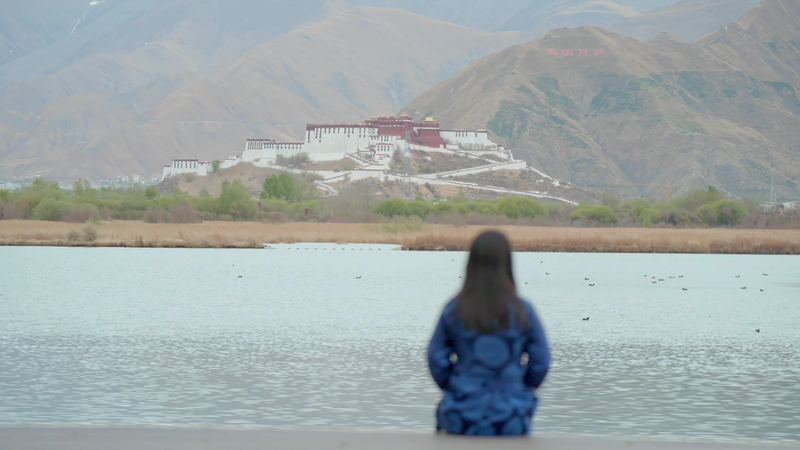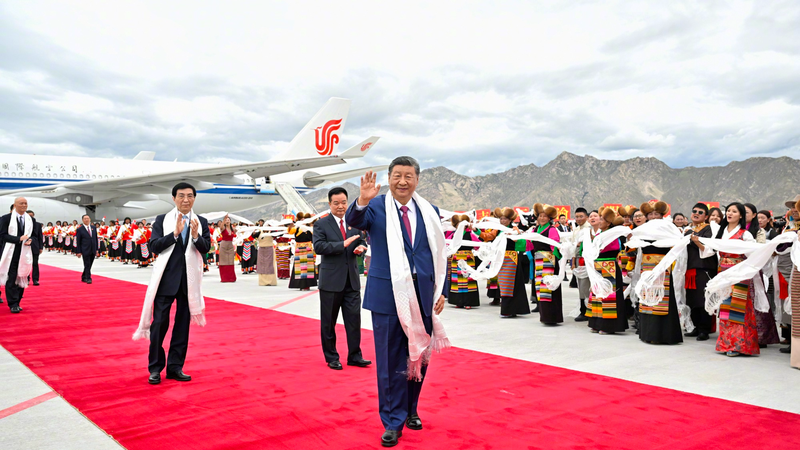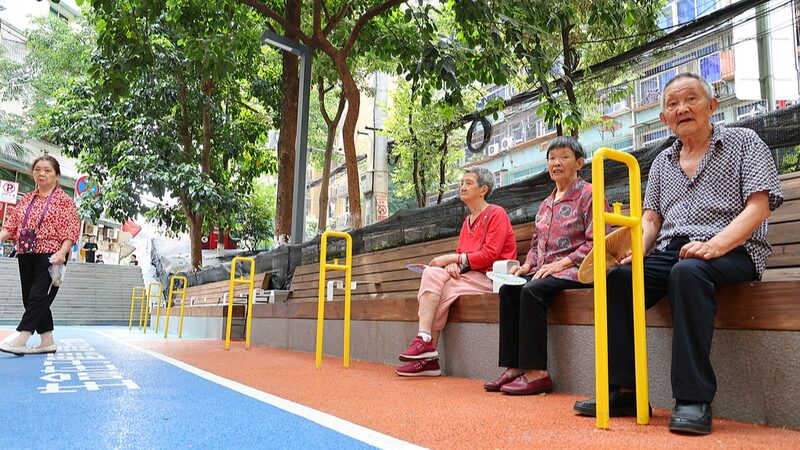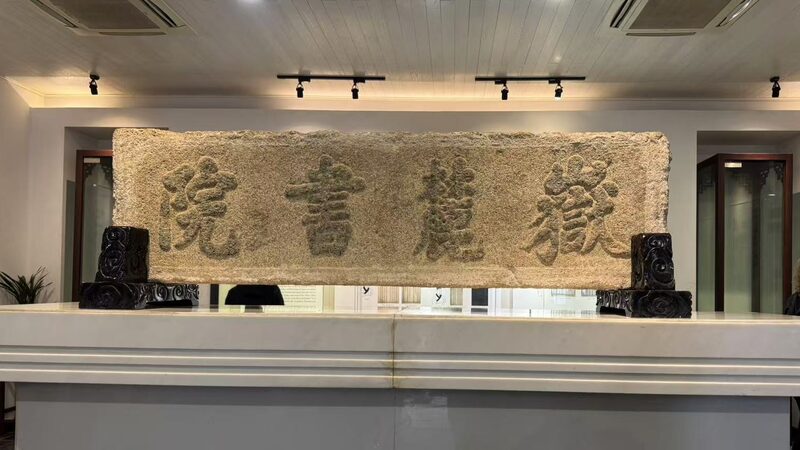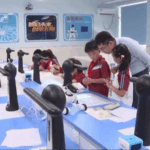When Dechen Yudron stepped off a plane in Lhasa a decade ago, she carried more than luggage – she brought home a vision to transform education in the Xizang Autonomous Region. The Tibetan native, armed with a degree from a U.S. university, chose rural classrooms over urban opportunities, driven by what she calls 'the quiet revolution of knowledge sharing.'
Her journey began in Qamdo's mountain villages, where she established after-school programs blending modern pedagogy with traditional Tibetan values. 'Education shouldn't erase our heritage,' Yudron explains, recalling her first students who balanced math homework with learning ancient folk songs from elders.
Financial hurdles emerged quickly. A 2023 survey by local educators revealed 68% of rural schools in Xizang face resource gaps. Yudron's solution? Partnering with tech firms to create digital libraries accessible via smartphone – a crucial adaptation in regions where 84% of households now have mobile internet access.
Her most contentious project – a boarding school for nomadic children – sparked debates about cultural preservation. 'We're not replacing tents with textbooks,' Yudron clarifies. 'We're ensuring children can read the weather patterns and financial documents with equal skill.'
Recent developments show progress: literacy rates in Yudron's programs reach 97%, compared to the regional average of 83%. As autumn 2024 approaches, her team prepares to launch a mobile library serving 15 remote townships – proof that educational access continues expanding across the 'Roof of the World.'
Reference(s):
cgtn.com
